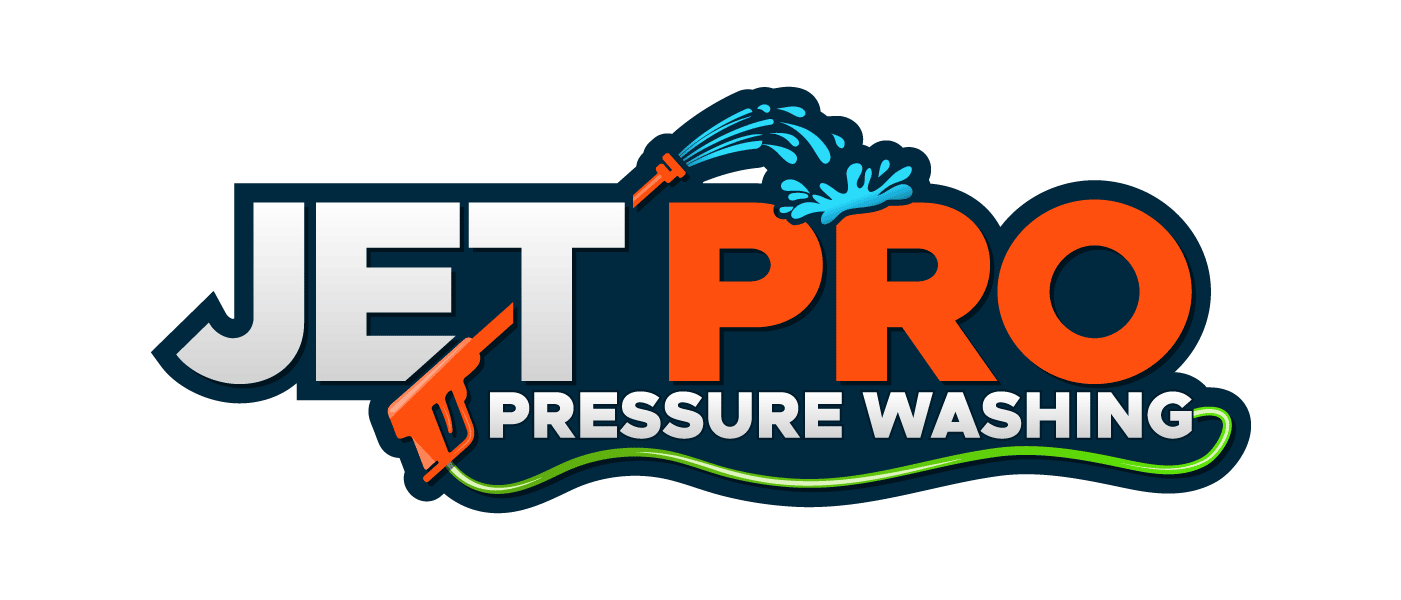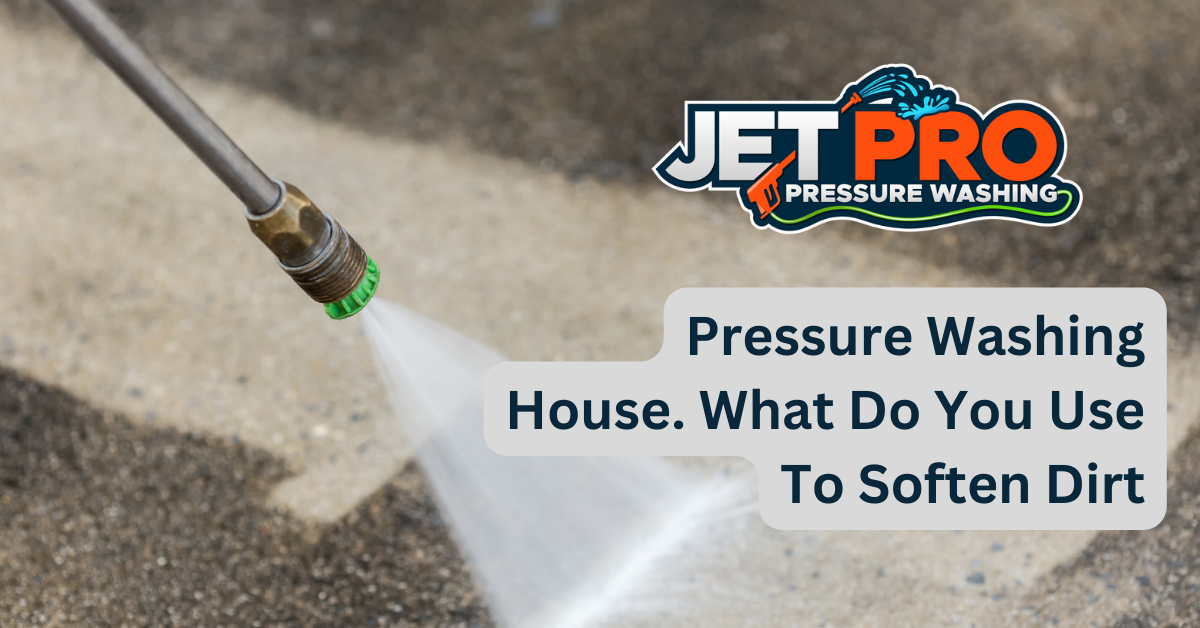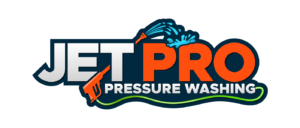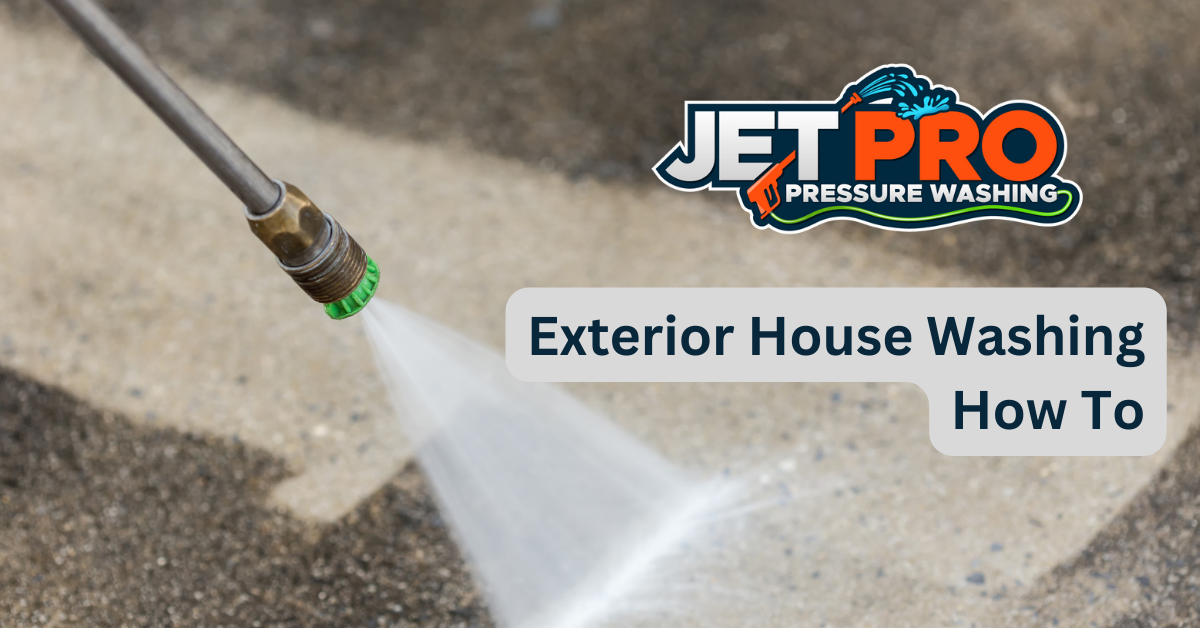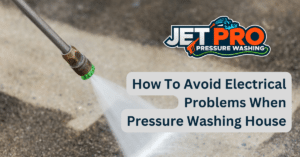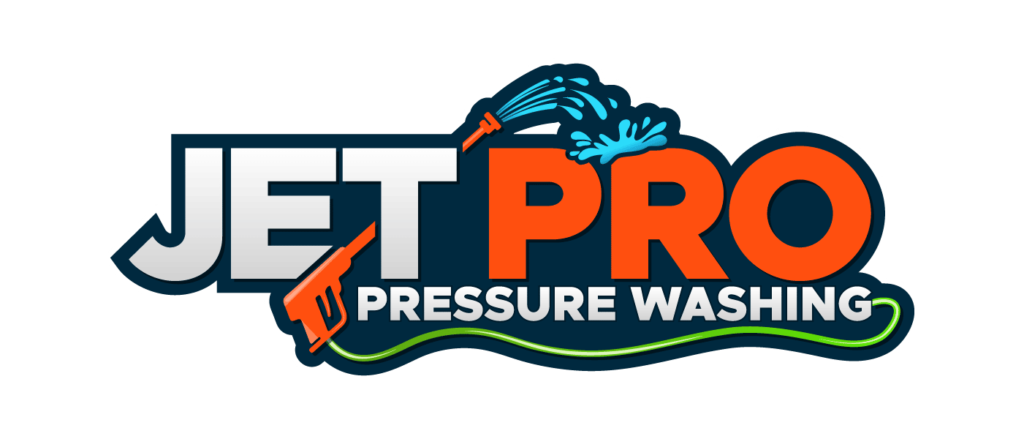Looking to pressure wash your house? It’s important to know what products to use to soften dirt and make the process easier. Consider reaching out to a professional house washing company for expert advice and assistance. Check out our guide on how to make soft wash for washing a house, which includes common ingredients like detergents, baking soda, vinegar, and bleach. Plus, learn how much psi is recommended for washing a house to avoid damaging your surfaces. And if you’re also in need of window cleaning, we’ve got you covered with a contextual link to our window cleaning guide. With these tips, your pressure washing experience will be successful and safe.
Detergent
In order to effectively clean exterior surfaces, detergent is an important component of the process. The use of detergent is essential for removing dirt and other contaminants from the surface being cleaned. Depending on the type of dirt present, the type of detergent used may vary.
For example, for stubborn dirt, such as oil and grease, a degreaser detergent might be used. For more general dirt and grime, a mild detergent will be sufficient. Additionally, some detergents are specifically designed to soften or dissolve dirt, allowing it to be more easily removed.
When choosing the right detergent, it is important to consider the type of surface that is being cleaned. For example, some detergents might be too harsh for more delicate surfaces like wood, or stucco. In these cases, a milder detergent should be used in order to avoid damaging the surface. Additionally, when using detergents on wooden surfaces, it is important to rinse the surface with clean water after the detergent has been applied.
Using the right type of detergent, along with the proper techniques, can make the job of pressure washing a house much easier and more effective. With the right detergent, dirt and other contaminants can be easily removed from surfaces, allowing for a thorough cleaning that will make the house look like new.
Baking Soda
Baking soda has been found to be an effective agent for loosening dirt from surfaces. It is a natural, non-toxic, and inexpensive cleaning agent that can be used to soften dirt on a variety of surfaces. Baking soda is a mild abrasive, which means it can be used to scrub away dirt and grime without damaging the surface. It is also a great deodorizer, so it can be used to remove odors from surfaces as well.
When using baking soda to soften dirt on a house, it is important to mix it with water to create a paste. This paste can then be applied to the surface and allowed to sit for a few minutes before scrubbing. The baking soda will help to break down the dirt and grime, making it easier to remove. It is also important to rinse the surface thoroughly after scrubbing to ensure that all of the baking soda is removed.
Using baking soda to soften dirt on a house is a great way to get the job done without using harsh chemicals. It is a safe and effective way to clean and deodorize surfaces, and it is also an inexpensive option. With a little bit of elbow grease, baking soda can help to make a house look like new again.
Vinegar
Vinegar is an effective and safe cleaning product that can be used for many household tasks. Its acidic properties make it a great alternative to chemical cleaners and it has several benefits, such as being inexpensive, non-toxic and biodegradable.
For the most effective results, it is important to use vinegar safely and effectively. When using vinegar, it is important to take precautions, such as wearing gloves and a face mask, to avoid inhaling the fumes. Furthermore, it is important to dilute the vinegar with water in a spray bottle to avoid damaging surfaces.
With these steps taken, vinegar can be a great tool for cleaning and sanitizing in the home.
Benefits of Using Vinegar
Utilizing vinegar to clean the exterior of a house can be beneficial, as it can aid in the softening of dirt. Not only is vinegar a cost-effective cleaning solution, but it is also a natural and non-toxic alternative to using harsh chemicals.
The acidity of the vinegar helps to break down dirt and grime, while its antibacterial properties help to disinfect and deodorize the area. Additionally, the natural pH balance of vinegar helps to prevent damage to the surface of the house and any surrounding vegetation.
The use of vinegar as a cleaning solution is also beneficial in terms of convenience. It is a liquid that can be easily mixed with water and applied to the exterior of the house without the need for any special tools or equipment. Furthermore, it is relatively easy to transport and store, and it can be readily available at most stores and supermarkets.
In conclusion, vinegar can be a great choice for softening dirt when pressure washing a house.
How to Use Vinegar Safely and Effectively
When using vinegar as a cleaning solution, it is important to take safety precautions to ensure that it is used effectively and safely. It is recommended to wear protective equipment such as rubber gloves and safety glasses when handling the vinegar.
Additionally, do not mix vinegar with other cleaning agents as this can create hazardous fumes. However, it is important to note that vinegar is not a substitute for pressure washing, as it is not as effective at removing tough dirt and grime. Instead, it can be used to soften dirt and grime prior to pressure washing, making it easier to remove.
Additionally, vinegar can be used to clean surfaces such as windows and floors, and can be used to get rid of unpleasant odors.
Vinegar can be an effective and safe cleaning solution when used correctly.
Bleach
The use of bleach is a common and effective way to clean and disinfect many surfaces around the home. It can be used safely and effectively if one takes the necessary safety precautions.
There are several benefits to using bleach, such as its germicidal properties, ability to remove tough stains, and its affordability.
Understanding the proper use of bleach and its benefits can help to ensure it is used safely and effectively.
Benefits of Using Bleach
Bleach can be an effective cleaning agent when used correctly for pressure washing a house, as it can help to soften dirt. It is important to use the right concentration of bleach for the job, as too much can damage the surface of the house.
When used correctly, bleach can help to break down dirt and grime, making it easier to remove. It can also help to kill bacteria and other germs, making the house cleaner and safer. Additionally, bleach can help to remove mold and mildew, which can be difficult to remove with other cleaning agents.
Using bleach for pressure washing a house can be a great way to get the job done quickly and effectively. It is important to use the right concentration of bleach and to follow the instructions carefully to ensure that the job is done correctly. With the right concentration and technique, bleach can help to make the house look cleaner and fresher.
How to Use Bleach Safely and Effectively
When used safely and effectively, bleach can be a powerful tool in cleaning a variety of surfaces, helping to break down stubborn grime and create a sparkling finish, akin to a diamond in the rough.
To use bleach safely and effectively, it is important to understand the proper dilution ratio and the type of surface being cleaned. For pressure washing a house, a solution of one part bleach to nine parts water is recommended. This will help to soften dirt and grime without damaging the surface of the house. It is also important to use a non-abrasive brush or sponge to avoid scratching the surface.
When using bleach, it is important to wear protective clothing such as gloves, goggles, and a face mask. Additionally, it is important to ensure that the area is well ventilated and that the bleach solution is not left on the surface for too long.
After the cleaning is complete, it is important to rinse the surface with clean water to remove any remaining bleach residue. Following these steps will help to ensure that the pressure washing job is done safely and effectively.
Pressure Washing Tips
Irony can be used to illustrate the importance of softening dirt prior to pressure washing a house. Just as ironing clothes is used to smooth out wrinkles and leave fabric looking sharp and new, softening dirt can drastically improve the results of a pressure wash on a house. If dirt is too hard, it can strip away paint, leaving a house looking worse than it did before. To avoid this, it’s important to use a degreaser or detergent to soften the dirt.
A mild detergent or all-purpose cleaner is great for everyday cleaning, while a degreaser is a good choice for removing oil and grease. To maximize the effectiveness of the pressure washer, make sure the nozzle is the correct size for the job. For softer dirt, a wide nozzle with a low pressure setting is best. For tougher dirt, a narrow nozzle with a higher pressure setting is recommended.
Additionally, it’s important to start from the top of the house and work your way down, so the dirt can be washed away rather than redistributed. This will help ensure a thorough cleaning job. When using a pressure washer, it’s important to wear the proper safety gear. This includes goggles, gloves, and protective clothing.
Additionally, it’s important to read the instructions for the pressure washer and the cleaning solution being used. Following these directions will ensure the best possible results, and help prevent any potential damage to the house.
Frequently Asked Questions
How much pressure should be used when pressure washing a house?
When pressure washing a house, the amount of pressure used must be carefully considered. Too much pressure can cause the paint to peel or the siding to be damaged, while too little pressure can cause dirt and grime to remain in place.
The correct amount of pressure to use depends on the surface being cleaned. Soft surfaces like wood, vinyl, and stucco can be damaged by high-pressure water, so the pressure should be kept to a minimum. Hard surfaces like brick and concrete, however, can handle higher pressure levels and require it to effectively remove dirt and grime.
What is the best way to protect plants and shrubbery when pressure washing?
When pressure washing a house, it is important to protect nearby plants and shrubbery from potential damage. A recent survey found that over 70% of homeowners experienced damage to their plants when pressure washing their house, indicating the importance of taking precautionary steps.
To protect plants and shrubbery, it is best to cover them with a plastic sheet or a tarp and to keep the pressure washer nozzle at least two feet away from the plants. Additionally, using a lower pressure setting and a wider spray pattern can help to minimize potential damage.
Is it safe to use a pressure washer on painted surfaces?
Using a pressure washer on painted surfaces can be a tricky task. It is important to take into consideration the type of paint used, the age of the paint, and the pressure setting of the washer. If the pressure is too high, it can cause the paint to peel or chip off.
It is also important to use a wide-angle nozzle to avoid damaging the paint. Additionally, it is recommended to use a detergent specifically designed for pressure washing to help soften dirt and grime.
How often should a house be pressure washed?
The frequency of pressure washing a house is largely dependent on the environment it is situated in, and the condition of the exterior.
In areas with high levels of pollution, dirt, and other contaminants, more frequent pressure washing may be needed to maintain a clean and safe exterior.
In areas with low levels of dirt and other contaminants, pressure washing may be needed less often, perhaps once a year.
In any case, it is important to inspect the house periodically to determine if pressure washing is necessary.
What safety precautions should be taken when using a pressure washer?
When using a pressure washer, it is important to take certain safety precautions to ensure that the job is done safely and efficiently.
It is important to wear protective eyewear, gloves, and clothing to protect the user from debris and any hazardous materials.
Additionally, it is important to check the pressure washer for any leaks or damage before use, and to make sure that the spray is pointed away from people and other objects.
The pressure should be adjusted according to the material being cleaned, as too much pressure can cause damage to delicate surfaces.
Finally, it is essential to use the correct detergents and cleaners to ensure that the job is done properly.
Conclusion
Pressure washing is a great way to give the exterior of a home a thorough and effective clean. To ensure the best results, it is important to use cleaning solutions that are effective at softening dirt and grime. Popular solutions include detergent, baking soda, vinegar, and bleach.
In addition, it is important to keep in mind some helpful pressure washing tips such as adjusting the pressure according to the surface, keeping the wand moving, and starting from the top and working down. Pressure washing is an efficient and cost-effective way to improve the appearance of a home.
With the right supplies and a few tips, homeowners can achieve beautiful, long-lasting results.
